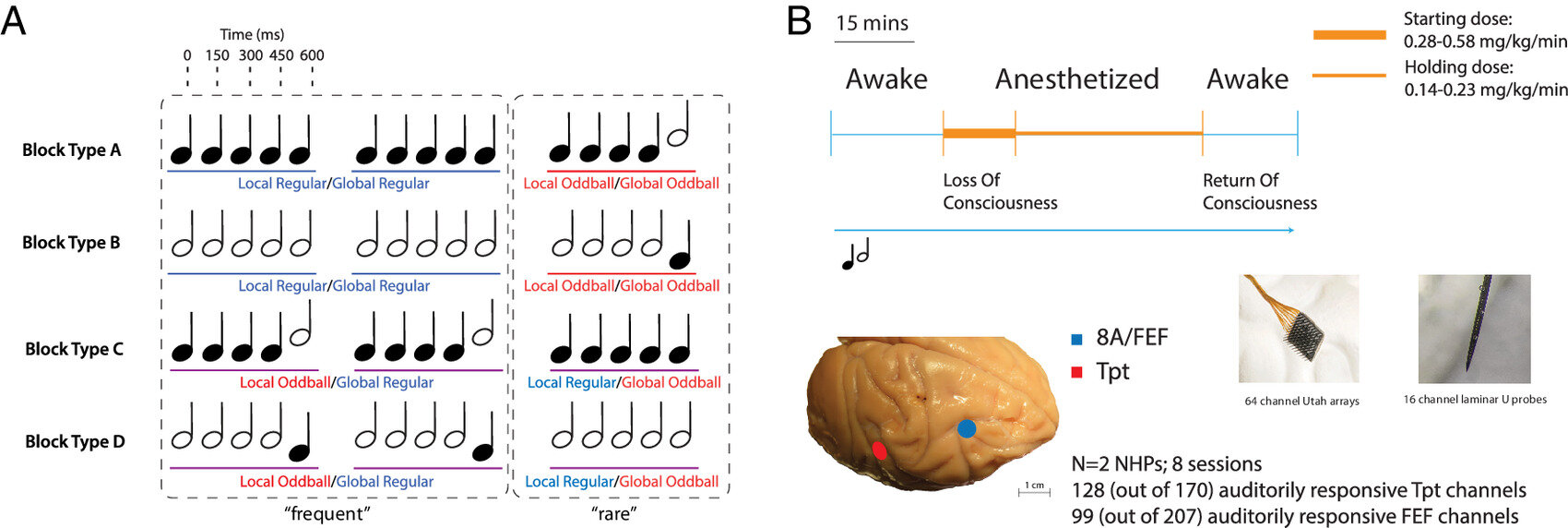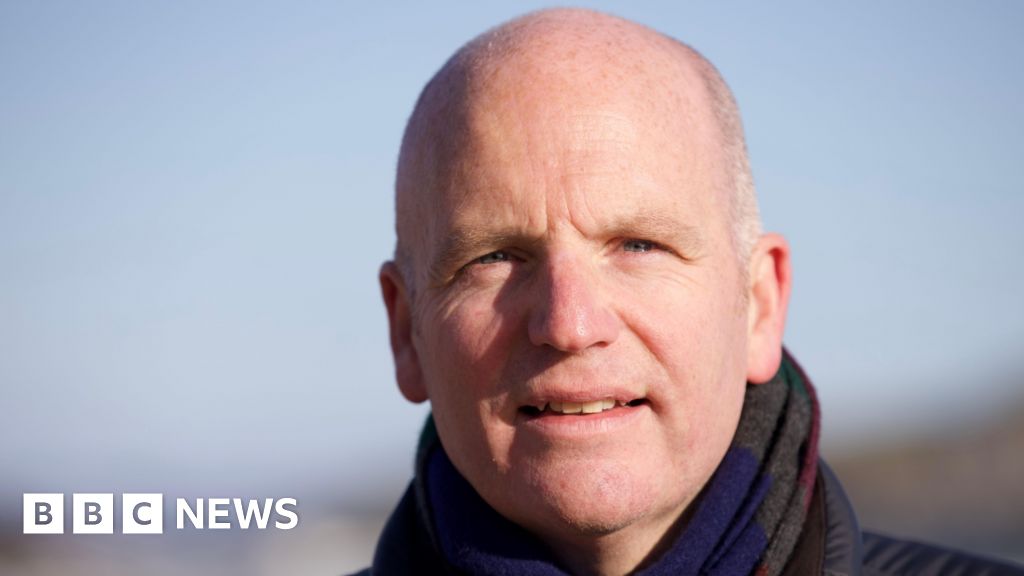Rigorous exercise before bed has long been discouraged, but University of Otago researchers have found short bursts of light activity can lead to better sleep.
In a world first study, published in BMJ Open Sport & Exercise Medicine and funded by the Health Research Council, participants completed two four-hour evening intervention sessions of prolonged sitting, and sitting interrupted with three-minute activity breaks every half hour.
The researchers found that after the participants completed the activity breaks intervention they slept for 30 minutes longer.
Lead author Jennifer Gale, PhD candidate in the Department of Human Nutrition, says sitting for long periods is associated with an increased risk of diabetes, cardiovascular disease and death.
“We know that for many of us, our longest period of uninterrupted sitting happens at home in the evening. In our previous studies we have found that getting up and doing 2-3 minutes of exercise every 30 minutes reduces the amount of sugar and fat in your blood stream after a meal.
“However, many sleep guidelines tell us we shouldn’t do longer bouts or higher intensity exercise in the hours before sleep, so we wanted to know what would happen if you did very short bouts of light intensity activity repeatedly throughout the evening,” she says.
Primary investigator Dr Meredith Peddie, Senior Lecturer in the Department of Human Nutrition, says the exercise intervention involved three exercises — chair squats, calf raises, and standing knee raises with straight leg hip extensions.
“These simple, bodyweight exercises were chosen because they don’t require equipment, or a lot of space and you can do them without interrupting the TV show you are watching.
“From what we know from other studies, you could probably get a similar effect if you walked around your house, marched on the spot, or even danced in your living room — the most important thing is that you get out of your chair regularly and move your body,” she says.
The fact this exercise resulted in longer sleep is important because insufficient sleep can negatively affect diet and has been associated with heart disease and type 2 diabetes.
“We know higher levels of physical activity during the day promotes better sleep, but current sleep recommendations discourage high-intensity exercise before bed because it can increase body temperature and heart rate resulting in poor sleep quality.
“It might be time to review these guidelines as our study has shown regularly interrupting long periods of sitting is a promising health intervention,” Dr Peddie says.


